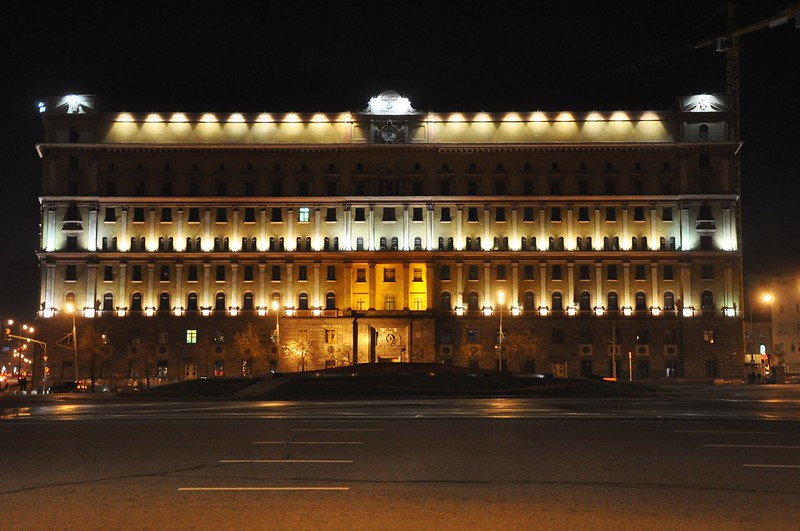
The case of Wall Street Journal correspondent Evan Gershkovich, who on April 18, 2023, saw his appeal against investigative detention on spying charges turned down by a Russian court, has echoes of an earlier era. Not since the Cold War, the Kremlin noted, has an American journalist been charged with espionage in the former Soviet Union.
But as a longtime specialist on Russia’s legal system, I am aware that the charges levied against Gershkovich are a product of modern Russia – and that could have worrying consequences for the journalist.
Espionage: foreign agents and state secrets
The legislation on espionage in Russia is no longer the same as that of the former Soviet Union. On July 14, 2022, Article 276 of the Russian Criminal Code amended the definition of “espionage.”
Under the revised version of Article 276, espionage now constitutes “the transfer, collecting, stealing, or keeping for the purpose of transfer to a foreign State, international or foreign organization, or of their representatives, of information comprising a state secret.”
If such an act was committed by a foreign citizen or stateless person – that is, a person having no citizenship – then it constitutes espionage, the code provides.
This amended text broadened the definition considerably. The Gershkovich case appears to be the first involving a journalist under the expanded definition.
Precisely what information Gershkovich is believed by the Russian authorities to have acquired or collected is not a matter of public record. The FSB, Russia’s security service, has put the accusations in fairly vague terms, saying the journalist was caught “collecting classified information” on Russia’s “military industrial complex” during a trip to Ekaterinburg, around 1,400 kilometers (880 miles) east of Moscow. The FSB added that Gershkovich was “acting on instructions from the American side.”
The journalist’s employer, The Wall Street Journal, has vigorously denied that its reporter was involved in espionage. The U.S. State Department has likewise said that Gershkovich has been “wrongfully detained” and called for his release.
Either way, under Russian espionage law the newspaper would be regarded as a foreign organization – that is, an entity created under the law of a foreign country.
Years of detention – or a deal?
So what lies ahead in the criminal proceedings over Gershkovich’s case? Under the Russian Criminal Code, the crime of espionage requires “direct intent” to be proved by the prosecution.
“Direct intent” is defined under Russian law as being aware of the social danger of one’s actions, or foreseeing the possibility – or inevitability – of consequences that are deemed to create a danger to society.
The prosecution will be seeking to prove that Gershkovich handled, sought to acquire, actually acquired, or had in his possession state secrets. Although the definition of what constitutes a state secret is narrower than during the Soviet era, it nonetheless remains quite extensive and would include the information that Gershkovich is accused to have accessed.
Should Gershkovich be convicted of espionage, the punishment prescribed by the criminal code is deprivation of freedom for a term of from 10 to 20 years. Russian criminal law refers to “deprivation of freedom” because while it may be served in a prison if the individual is dangerous to others, for most it takes the form of detention in some kind of camp where the prisoners share accommodation.
It is probable that the Russian authorities will detain Gershkovich in an investigative cell, probably shared with someone else, while the legal proceedings continue.
Gershkovich’s legal counsel invited the court on April 18 to replace investigative detention with either house arrest, potentially at Gershkovich’s Moscow address, or financial security, through a pledge or bail.
Either would have been possible under Russia’s Code of Criminal Procedure. But both were declined by the court.
The investigation will now continue until trial unless Russia and the United States come to another arrangement.
William E. Butler, Distinguished Professor of Law, Penn State
This article is republished from The Conversation under a Creative Commons license. Read the original article.